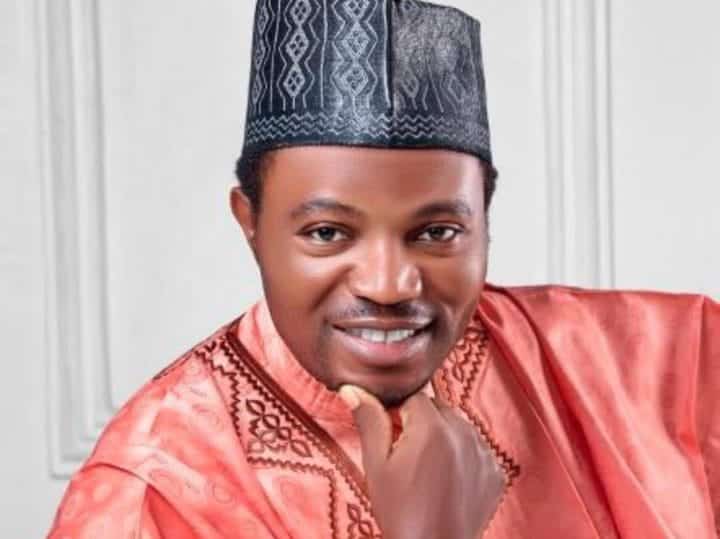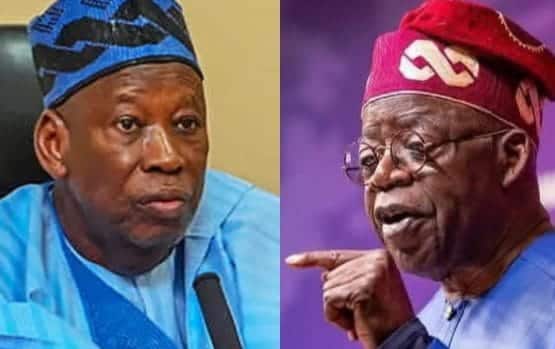Igbo Man Nelson Cyprian Chukwu Elected Into Taraba State House of Assembly

Nelson Cyprian Chukwu a serving member of the Taraba State House of Representatives examples rare magnitude of inter-ethnic trust and tolerance among the Nigerian people in the midst of growing disunity and national cohesion in the country.
Nelson Cyprian Chukwu Len (DCN) represents the Nguroje Constituency in the Taraba State House of Assembly. He is currently the chairman of the Taraba State House committee on Information and Culture. He was elected on the platform of the People’s Democratic Party (PDP) in 2023 during the general elections.
Record shows that honourable Nelson Cyprian Chukwu Len has an Igbo father– hence, his name; and a mother indigenous to Taraba State. He was born in Taraba State and was raised there by both parents which inherently made him very proficient in different Indigenous Nigerian languages including Igbo (his father’s tribe language); Mambila (his mother’s dialect); Hausa, and Fulfulde.
Amid ethnic tension and widening religious and ethnic division among Nigerians, Nelson Cyprian Chukwu Len was trusted by the people of Nguroje in Sardauna Local Government Area of Taraba State. His representation in the Taraba State House of Assembly resonate with the vast majority of the Nguroje people.
To mark his two years in office as well as to celebrate his people for their trust in him, Nelson Cyprian Chukwu Len in June, commissioned several projects which had initiated and completed in his constituency.
Nigeria’s diverse culture, religion, and ethnicity stands as major political factor in the country. Leadership and appointment are in most cases considered through the ethnic and religious prism. While this has become a totem that define the Nigeria’s people, it is usually exploited by political leaders for their political gains. Elective positions and appointment into public service are usually conducted in a manner that places greater value on ethnicity and religion at the expense of competence or meritocracy.
Despite the presence of federal character principle in the Nigeria’s constitution, nepotism and tribalism is still prevalent in the Nigeria’s public service and institutions.






